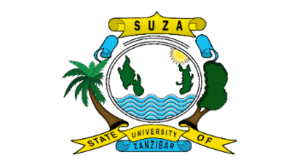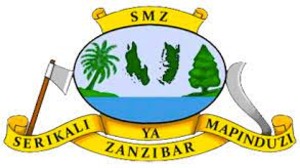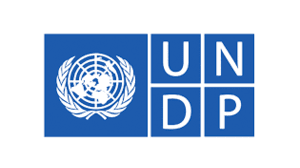Maisha Bahari (Ocean Life) Project
Zanzibar, known for its rich cultural heritage and stunning natural beauty, is looking for the best way to enable local Zanzibaris to benefit from the tourism business across the isles, which is mainly utilized by big hoteliers. In helping the locals to be part of the tourism ecosystem, SUZA, in collaboration with UNDP, Ministry of Tourism, and other stakeholders, intends to enhance the tourism offerings by developing a hiking loop that connects key tourism attractions and other local business activities. This project envisions the creation of a 10km Eco-Tourism and Heritage Trail across Zanzibar. Inspired by the “Tourism for All” initiative and reflecting strategies outlined in the Zanzibar Tourism Integrated Strategic Action Plan, this trail aims to maximize tourism’s contributions to local economic growth while preserving the island’s rich cultural heritage and natural environment. Incorporating similar successful initiatives in other small islands like the Seychelles and Mauritius, the project will emphasize sustainability, community engagement, and the utilization of digital technologies.
Main Objective
This project aims to create a 10km Eco-Tourism and Heritage hiking loop to promote sustainable tourism, encourage local economic activities, and showcase the diverse cultural and natural landscapes of the island.
Specific Objectives
- To unravel, validate, or existing data on unfrequented tourists’ attractions in Zanzibar (based on past UNDP Accelerator lab experiments)
- To promote eco-tourism and environmental conservation.
- To boost local economies through enhanced engagement of small businesses in the tourism value chain.
- To offer immersive culture and historical experiences to Tourists.
- To enhance safety, accessibility, and visitors experience through digital tools.
Methodology
- Desk Review: Review existing literature, reports, and studies related to tourism, hiking trails, and environmental assessments in Zanzibar.
- Site Assessment: Conduct on-site visits and assessments of the proposed route and tourism attractions.
- Stakeholder Consultation: Engage with local communities, tourism operators, government agencies, and NGOs to gather input and insights.
- Feasibility Study: Assess the technical, environmental, and economic feasibility of the proposed hiking loop.
- Design Development: Develop detailed designs for the hiking trail, including trail layout, signage, resting points, and facilities.
- Partnership Building: Establish partnerships with local communities and stakeholders to ensure local participation and ownership.
- Implementation Strategy: Develop a comprehensive implementation strategy, including project phases, timelines, and budget estimates.
- Environmental and Cultural Impact Assessment: Conduct assessments to mitigate any potential negative impacts on the environment and local culture.
- Risk Assessment: Identify potential risks and challenges and propose mitigation measures.
- Monitoring and Evaluation: Develop a monitoring and evaluation plan to track progress and assess the success of the project.
Our Partners



Quick Links
© Wastex Lab. All Rights Reserved. Designed by Wastex Developers
